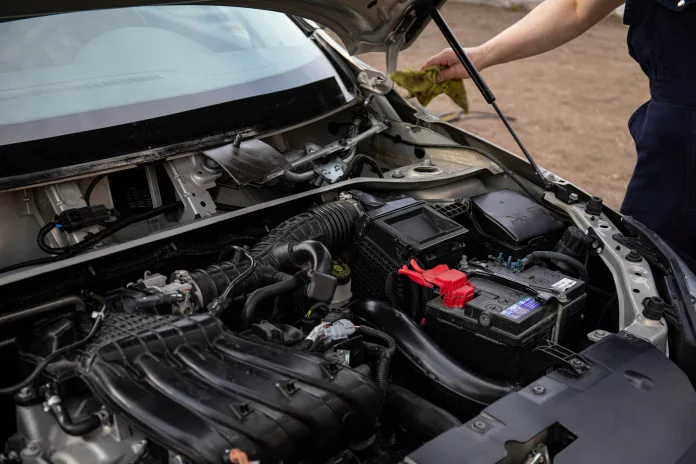The realm of electric vehicles (EVs) is about to be revolutionized, as researchers pursue the ultra-energy dense potential of lithium-air batteries. This technology, once considered impractical, is experiencing a resurgence with considerable investment from the US Department of Energy. These EV batteries are not just promising for standard road vehicles; they may one day power airplanes, trains, and ships.
The Lithium-Air Battery Journey
It all started when ARPA-E, the Energy Department’s high-risk, high-reward research wing, identified lithium-air EV batteries as a groundbreaking project after its establishment in 2009. In the early days, pioneers like PolyPlus Battery Company began exploring this technology, bringing forward the advantages of lithium-air over lithium-ion, such as significantly lighter weight and the potential for up to 700% more energy storage. The progress, though incremental, was pivotal in pushing the boundaries of what EV batteries could achieve.
Breakthroughs in Lithium-Air Battery Technology
Fast forward to 2023, and the torch has been passed to others who continue to carry the innovation forward. Argonne National Laboratory has reported advances in solid-state lithium-air batteries that could quadruple the energy density compared to existing lithium-ion batteries. Simultaneously, the Illinois Institute of Technology‘s Mohammad Asadi has led the development of a high-performance, room-temperature, solid-state lithium-air battery. Described in the esteemed journal Science, this invention paves the way for more efficient heavy-duty electric transport.
Championing Heavy-Duty Electric Propulsion
Aligning with their vision for the future of electric transportation, ARPA-E has introduced the PROPEL-1K funding program, seeking battery solutions that transcend current benchmarks by a considerable margin. Acknowledging a long road to commercialization, as evidenced by the lithium-ion battery’s own journey, ARPA-E is setting the stage for research that could contribute to the 2050 net zero emissions goal.
Lithium-Air and PROPEL-1K Funding
This commitment to innovation is exemplified in the latest round of awards from ARPA-E, with the Illinois Institute of Technology receiving $1.5 million to continue its lithium-air battery development. Other lithium-based projects are also being funded, each with unique applications in mind, ranging from aviation-specific batteries to cross-industry chemistries.
Integrating Lithium-Air Tech into Flow Batteries
Particularly intriguing is the integration of lithium-air technology into flow batteries, which have traditionally been used for stationary storage. Washington University in St. Louis is tasked with developing a lithium-air flow battery, while other institutions like Georgia Tech are drawing inspiration from automotive fuel injection systems to innovate in this space.
Fuel Cell Technology Paving the Future
In addition to battery technology, fuel cells are also being considered as a viable solution for heavy-duty transport. Various projects are working on breakthroughs in fuel cells, using ingenious methods like solid oxide cells or hybrids of fuel cells and small batteries, to overcome hurdles such as on-board hydrogen storage.
The momentum towards electrification in heavy-duty transport is rapidly building, with the efforts of the research community and the backing of forward-thinking programs like ARPA-E. For the vision of a net zero emission future, it is this kind of cross-cutting research and innovation that will pave the way for the next generation of electric vehicles, be they on land, sea, or air.


























